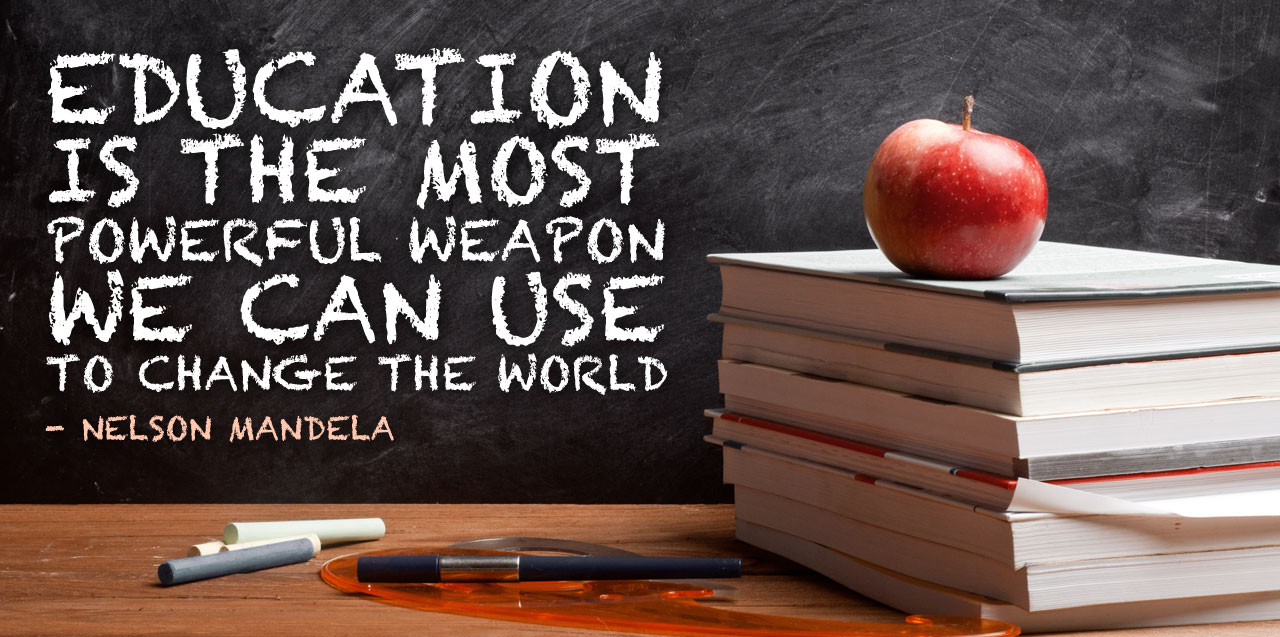Quality Parents
In contemporary world, the relevance of parental role towards the education
for their children is of vital significance. The children whose parents are
educated do fairly well in any curricular and co-curricular activities in schools.
In other words, a supportive home ambience when provided to children is
conducive to their academic success (Marzano, 2003). Besides, Barnard
(2004), Henderson (1988), Shumox & Lomax (2001) are of the view that the
performance of students in academic fields depends heavily on the parantal
engagement in their daily learning activities.
Krashan (2005) confirmed that learners, whose parents are caring,
supportive, educated, and time-conscious about their learning, do better in
standardized tests than children whose parents are otherwise. Interestingly, some
parents even take part in school activities for the development of their
children which is welcoming and exemplary to others. As a result, the parental support
for the development of the students and success of the school is urgently but
ardently needed.
Conclusion
The elements of successful learning such as the quality curricula, efficient
leaders, well qualified and conscientious teachers, motivated learners, supportive
parents and abundant resources are the core components that determine the
quality of education in the country. Schools are more likely to be known for
the quality achievement of education if good care has been given to TLS model
of quality education. It may be recommended that educators have good knowledge
on this model before they embark on any new educational undertakings for the
cause of learners and the future citizens of the country. The future of the
country depends on today’s youth. Having access to quality education has been
tacitly understood as the right of the learner. “What will be the fate of the
country if there are high numbers of unproductive youth in the country?” is the
question every person has to listen, understand, analyze and resolve
collectively.
The figure 4 is a summary of some core elements which are necessary for
the development of quality education in a school system.
Figure 4: Elements of quality education
Curriculum QUALITY OF EDUCATION Quality Quality Resources Leaders Parents
Quality
Teachers
Quality
Learners
Quality
Quality
Reference:
Barnard,
W. M. (2004). Parent involvement in elementary school and educational
attainment.
Children
and youth services review, 26, 39- 62.
Carron, G., & Chau, T.N. (1996). The quality of
primary schools in different development
contexts. Paris: UNESCO.
Chambers, J. (2000). In Pape, L. Online education: The
internet's killer app
http://concord.org/library/2000spring/killerapp.html
Cole, A.L & Knowles, J.G. (2000). Researching teaching: Exploring
teacher development
through reflexive inquiry. Needham Heights, MA: Allyn & Bacon.
Dorji, R. (2007). Teacher Morale. Unpublished research paper.
PCE, Paro.
Droste, B. (2000). Why reinvent the wheel? VHS is already rolling. The Concord Consortium
online magazine http://concord.org/library/2000spring/reinvent.html
Fuller, B., Dellagnelo, L., et al. (1999). How to raise children’s literacy? The influence of
family, teacher, and classroom in Northeast
Brazil. Comparative Education Review,
43(1), 1-35.
Glatthorn, A., & Jailall, J. (2000). Curriculum for the new millennium. In Brandt, R. (ed.),
Education in a new era: ASCD Yearbook 2000.
Alexandria, Virginia: Association for Supervision and Curriculum Development.
Govt. of Punjab and UNICEF (2003). Universal
primary education: Guidelines for district
education department, Punjab.
UNICEF.
Henderson,
A. T. (1988). Good news: An ecologically balanced approach to academic
improvement.
Educational Horizons, 66(2), 60-67.
Kagwiria & Amukowa (2013). Teacher’s
productivity in promoting quality education in public
primary schools in
Kenya. Academic Journal of Interdisciplinary
Studies. Published by MCSER-CEMAS-Sapienza University of Rome. (Vol 2 No 2). Doi:10.5901/ajis.2013.v2n2p365
Krashen,
S. (2005). The hard work hypothesis: Is doing your homework enough to overcome
the
effects
of poverty? Multicultural Education, 12(4), 16-19.
UNICEF (2000). Curriculum report card. Working Paper Series, Education Section, Programme
Division. New York, NY: Author.
Marzano,
R. J. (2003). What works in schools: Translating research into action? Retrieved
from
http://pdonline.ascd.org/pd_online/whatworks/marzano2003_ch13
.html
McCain, M., & Mustard, J.F. (1999). Reversing the real brain drain: Early years study. Toronto,
Canada: Publications Ontario.
Miske, S., Dowd, A., et al. (1998). Teaching and learning in
Mangochi classrooms: Combining
quantitative and qualitative information to study twelve primary schools
in Malawi. Evaluation study conducted for the United
States Agency for International Development by Creative Associates
International, Washington, D.C.
Osborne, K. (1999). Education: A guide to the Canadian school
debate-Or, who wants what and
why?. Toronto, Ontario: A Penguin/ Mcgill Institute Book.
Parkay, F., Standford, B. H. & Gougeon, T. D. (1996). Becoming a
teacher. Scarborough,
Ontario: Allyn & Bacon.

